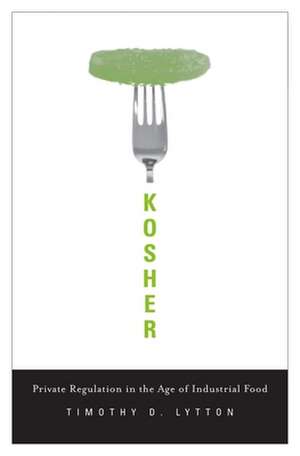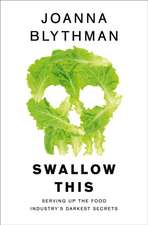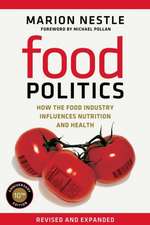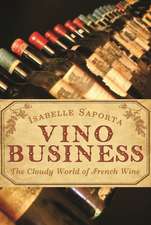Kosher – Private Regulation in the Age of Industrial Food
Autor Timothy D. Lyttonen Limba Engleză Hardback – 8 apr 2013
Currently, a network of over three hundred private certifiers ensures the kosher status of food for over twelve million Americans, of whom only eight percent are religious Jews. But the system was not always so reliable. At the turn of the twentieth century, kosher meat production in the United States was notorious for scandals involving price-fixing, racketeering, and even murder. Reform finally came with the rise of independent kosher certification agencies which established uniform industry standards, rigorous professional training, and institutional checks and balances to prevent mistakes and misconduct.
In overcoming many of the problems of insufficient resources and weak enforcement that hamper the government, private kosher certification holds important lessons for improving food regulation, Timothy Lytton argues. He views the popularity of kosher food as a response to a more general cultural anxiety about industrialization of the food supply. Like organic and locavore enthusiasts, a growing number of consumers see in rabbinic supervision a way to personalize today's vastly complex, globalized system of food production.
Preț: 397.94 lei
Nou
Puncte Express: 597
Preț estimativ în valută:
76.16€ • 78.67$ • 63.38£
76.16€ • 78.67$ • 63.38£
Carte tipărită la comandă
Livrare economică 25 martie-08 aprilie
Preluare comenzi: 021 569.72.76
Specificații
ISBN-13: 9780674072930
ISBN-10: 0674072936
Pagini: 214
Ilustrații: 12 graphs, 2 tables
Dimensiuni: 160 x 240 x 24 mm
Greutate: 0.5 kg
Editura: Harvard University Press
ISBN-10: 0674072936
Pagini: 214
Ilustrații: 12 graphs, 2 tables
Dimensiuni: 160 x 240 x 24 mm
Greutate: 0.5 kg
Editura: Harvard University Press
Notă biografică
Descriere
In an era of anxiety about the safety and industrialization of the food supply, kosher food-with $12 billion in sales-is big business. Timothy Lytton tells a story of successful private-sector regulation: how independent certification agencies rescued U.S. kosher supervision from corruption and made it a model of nongovernmental administration.











